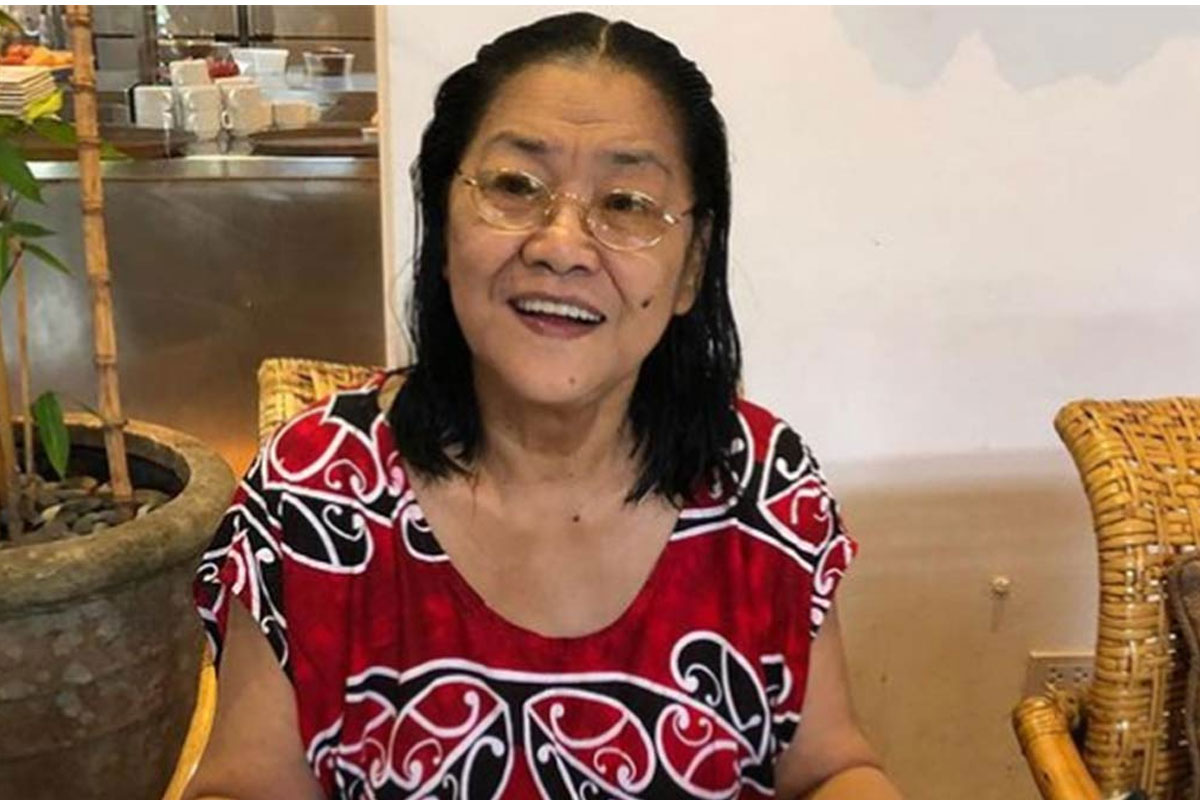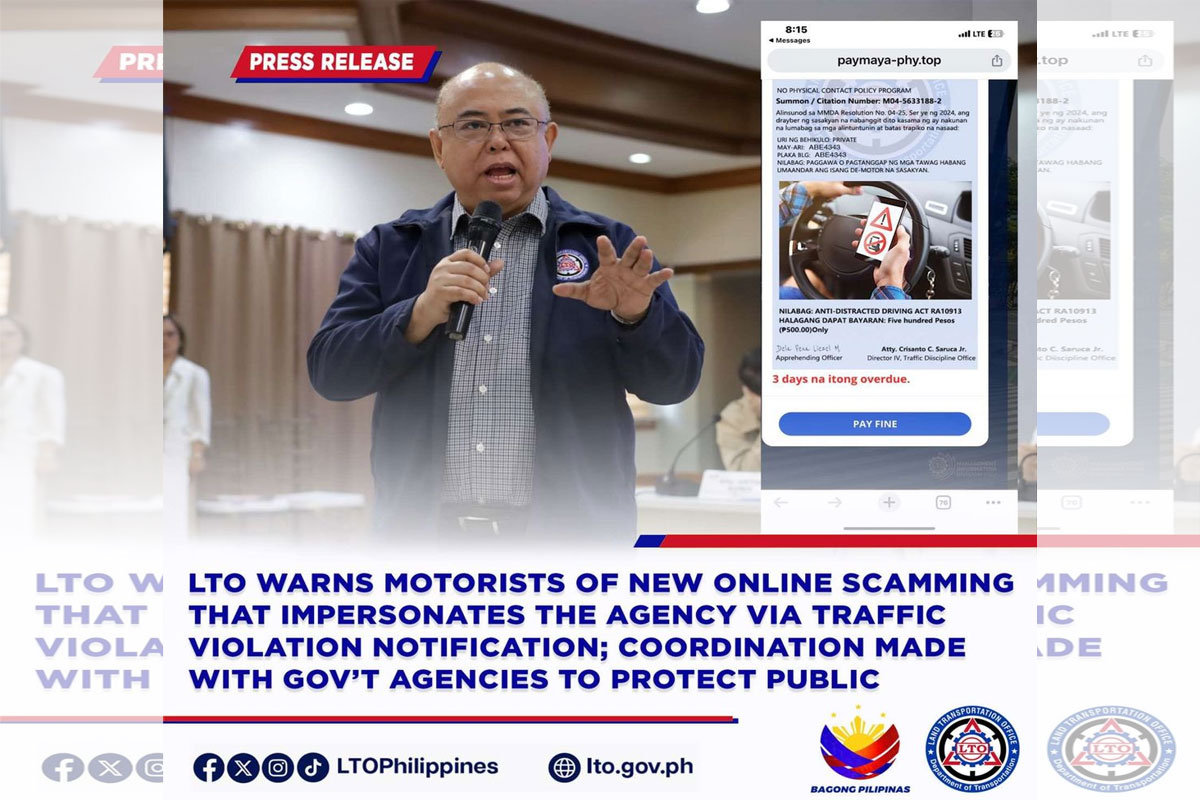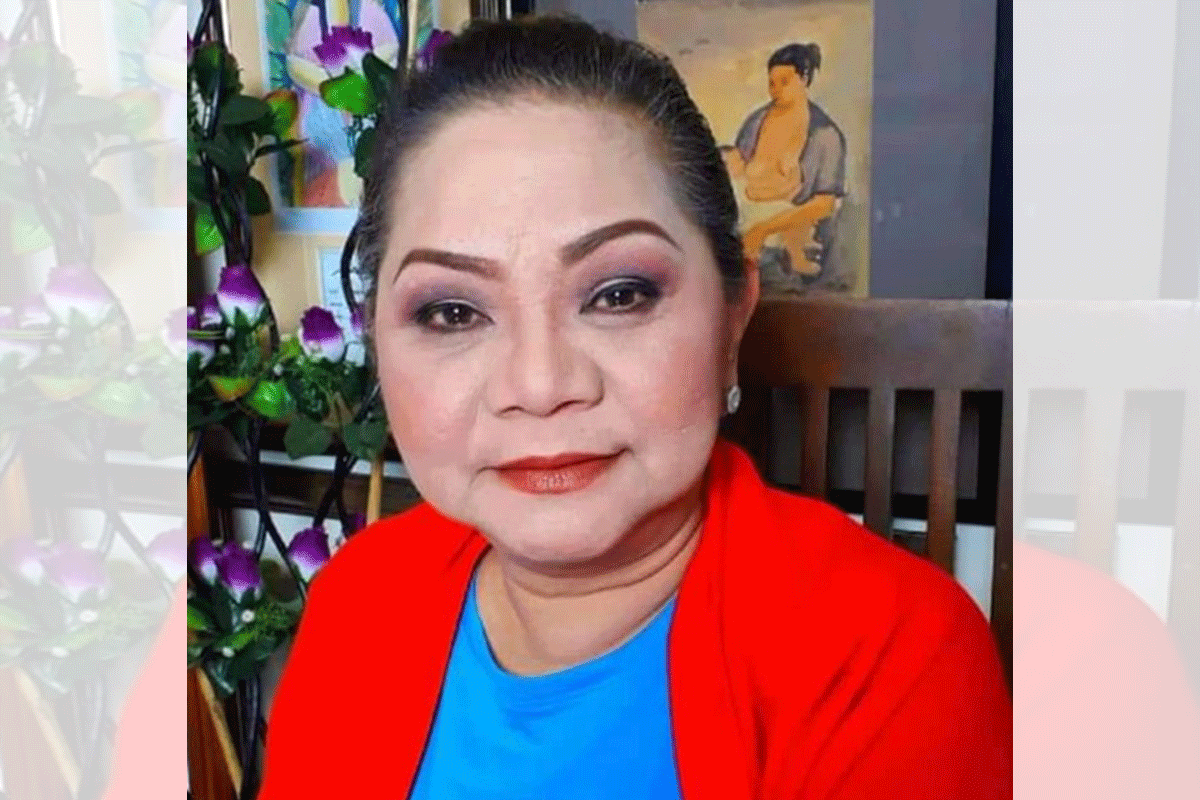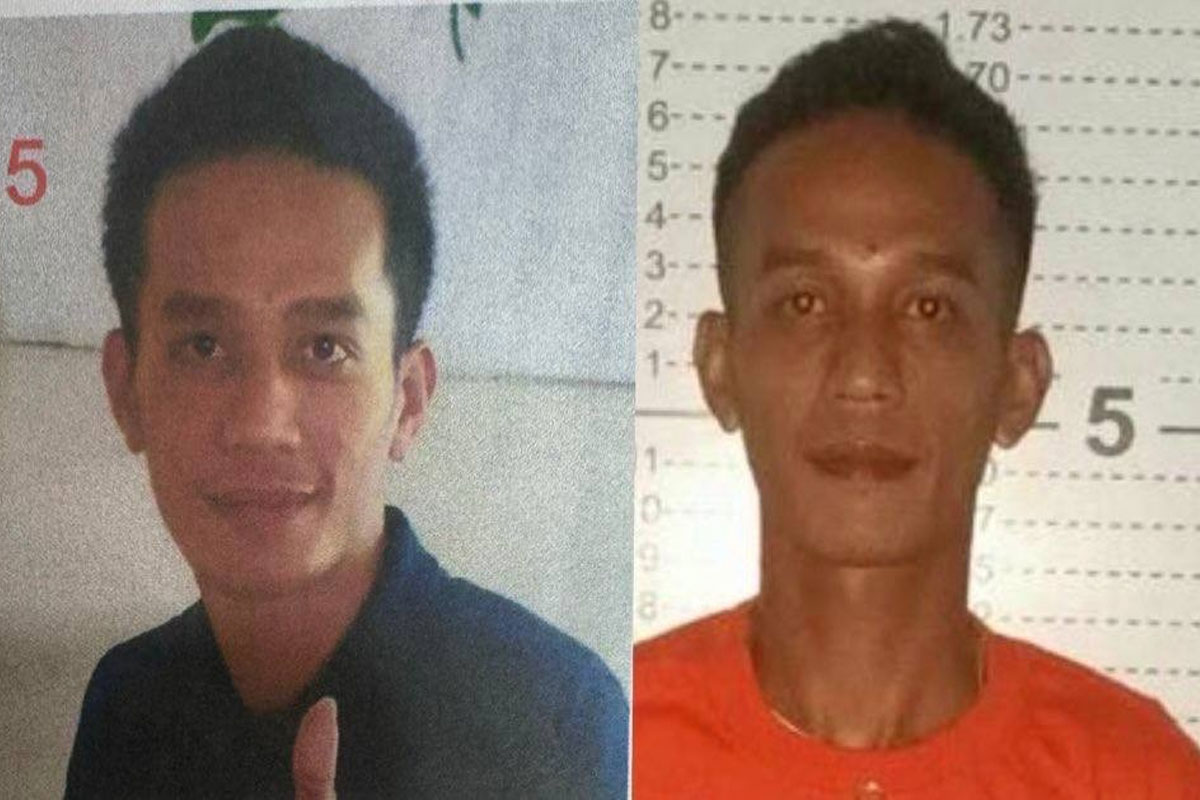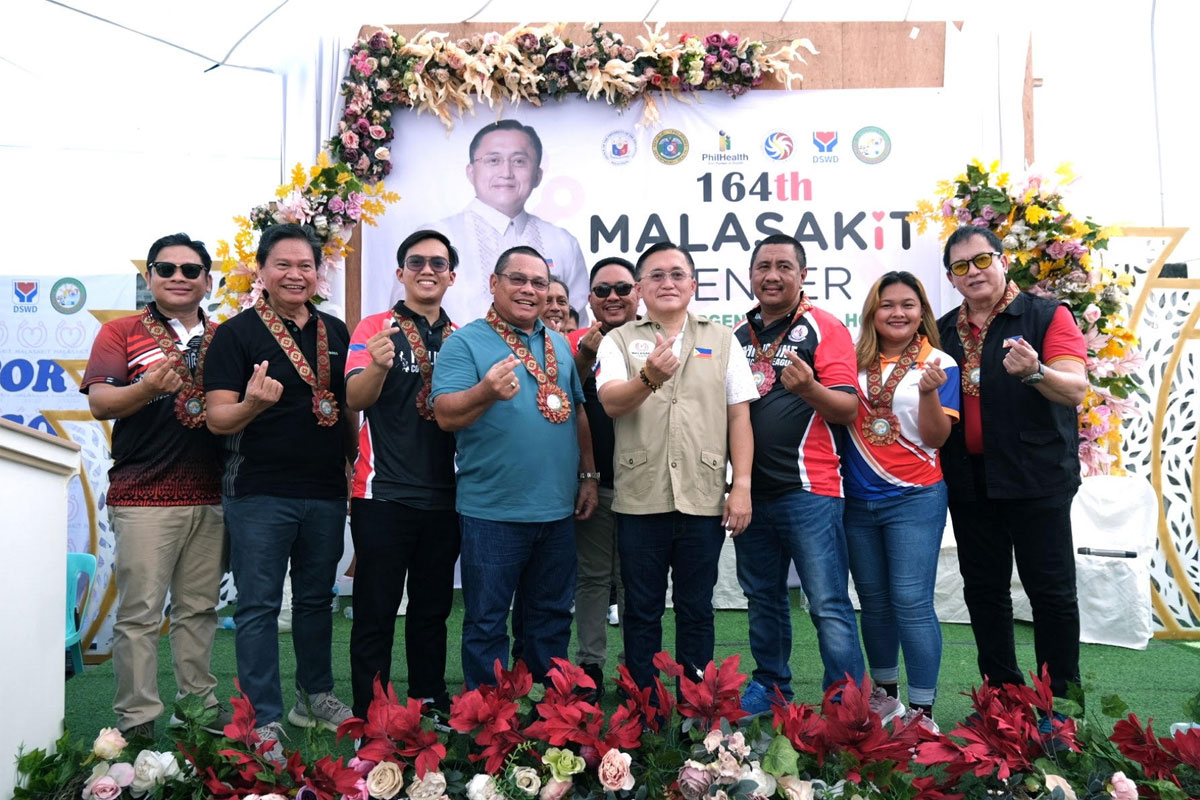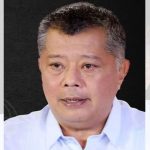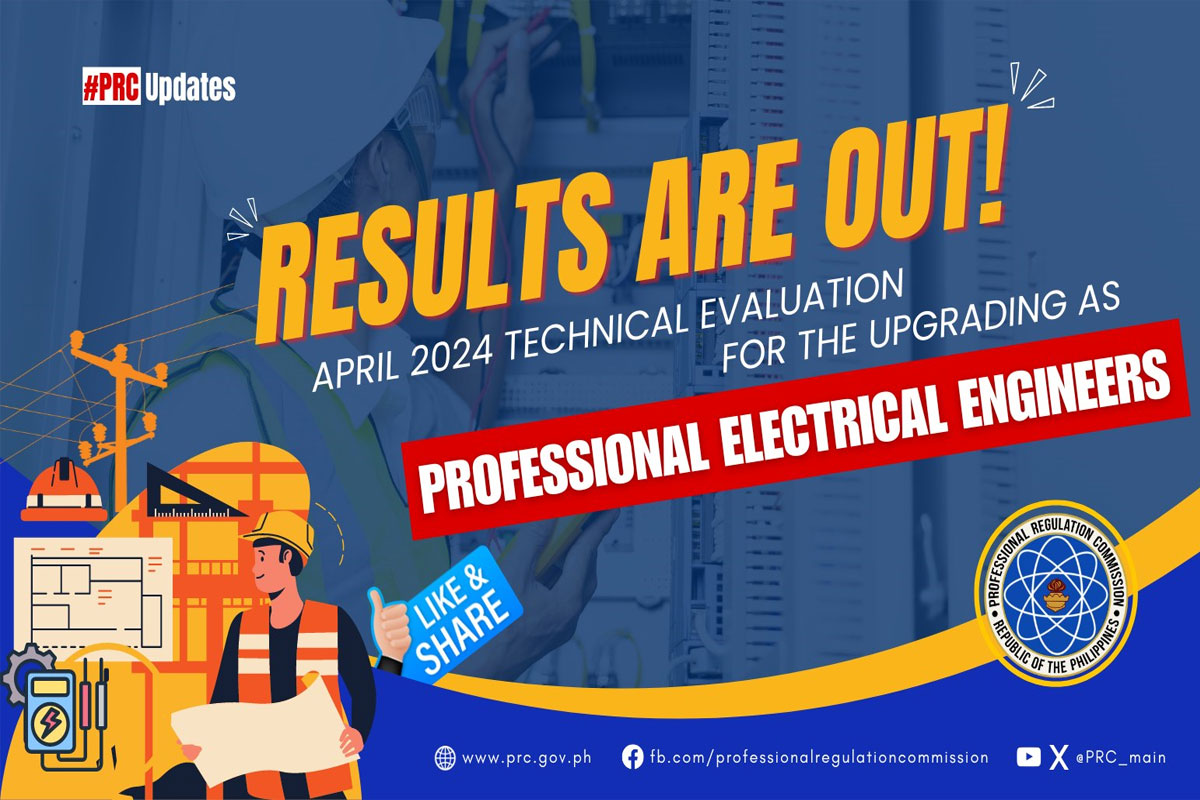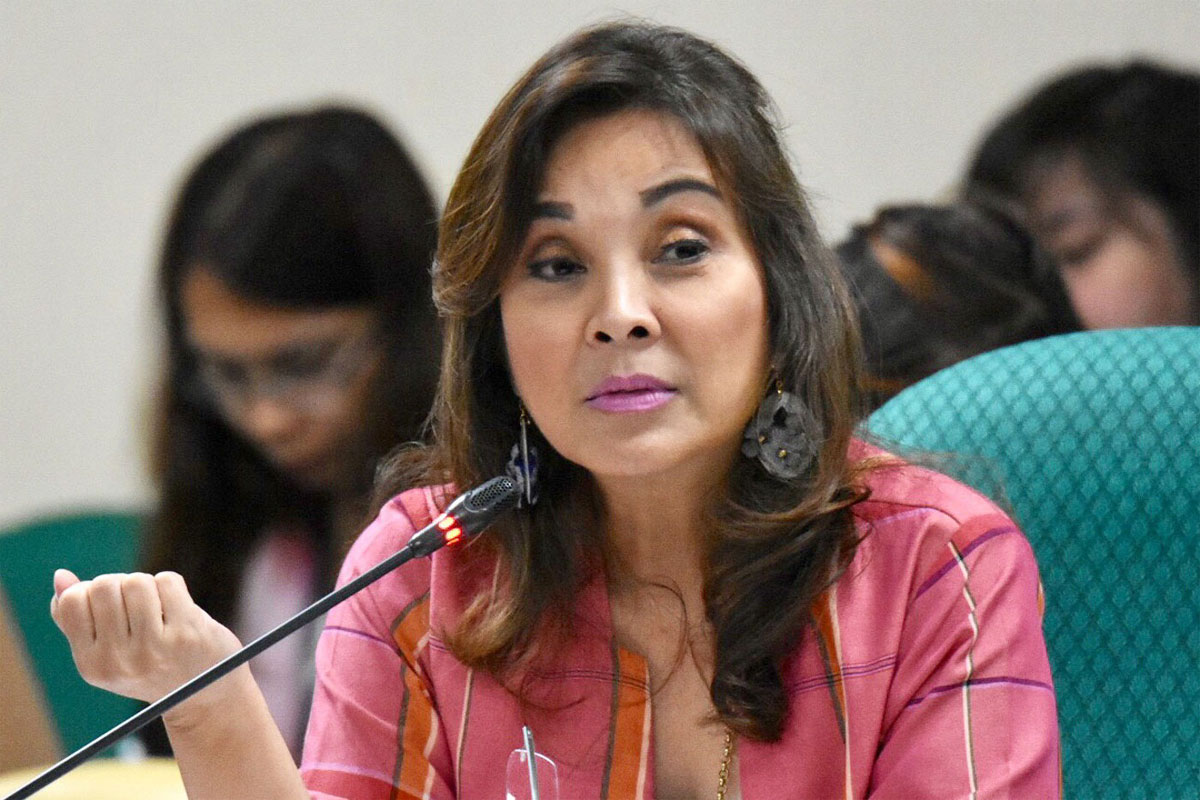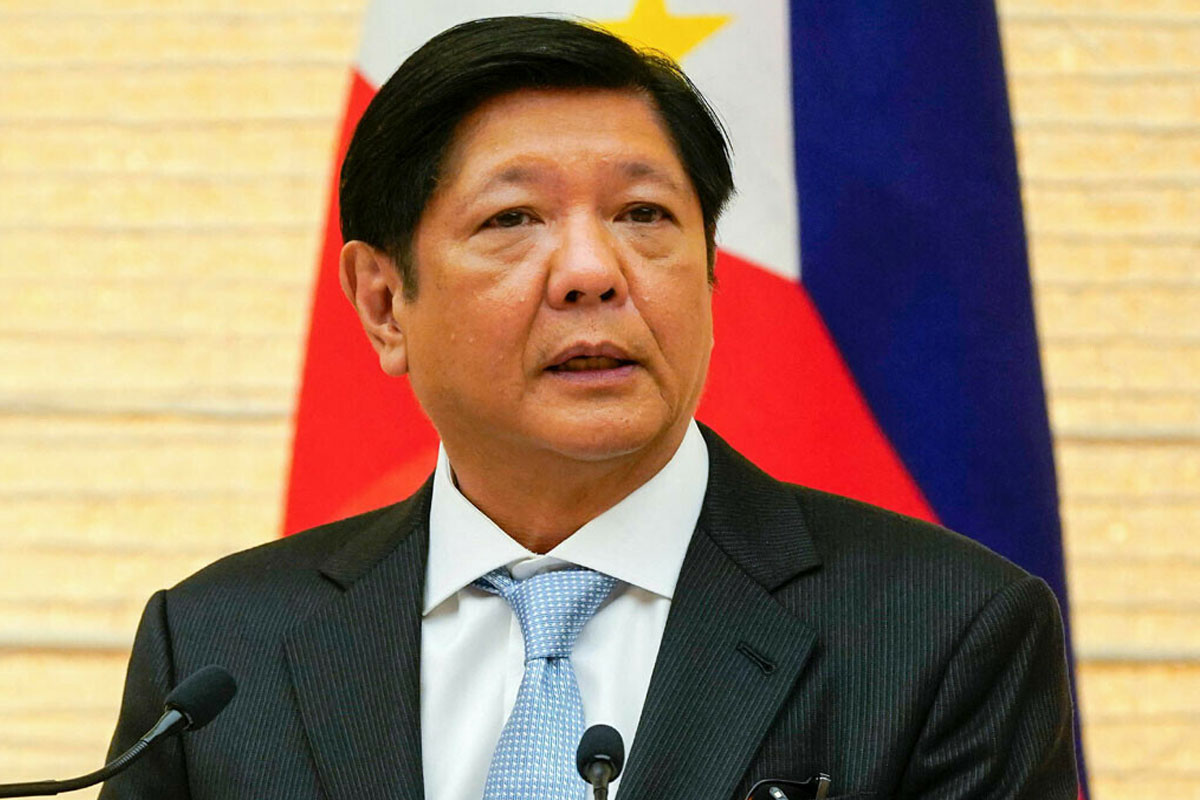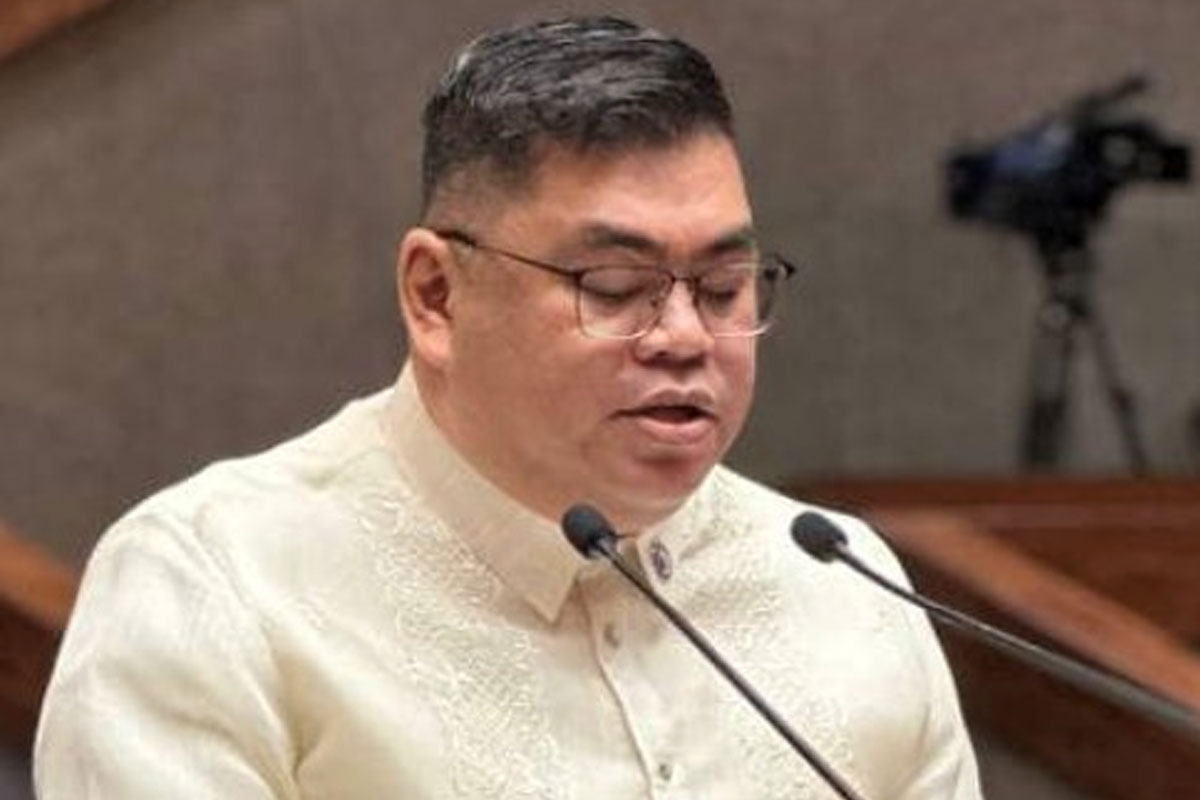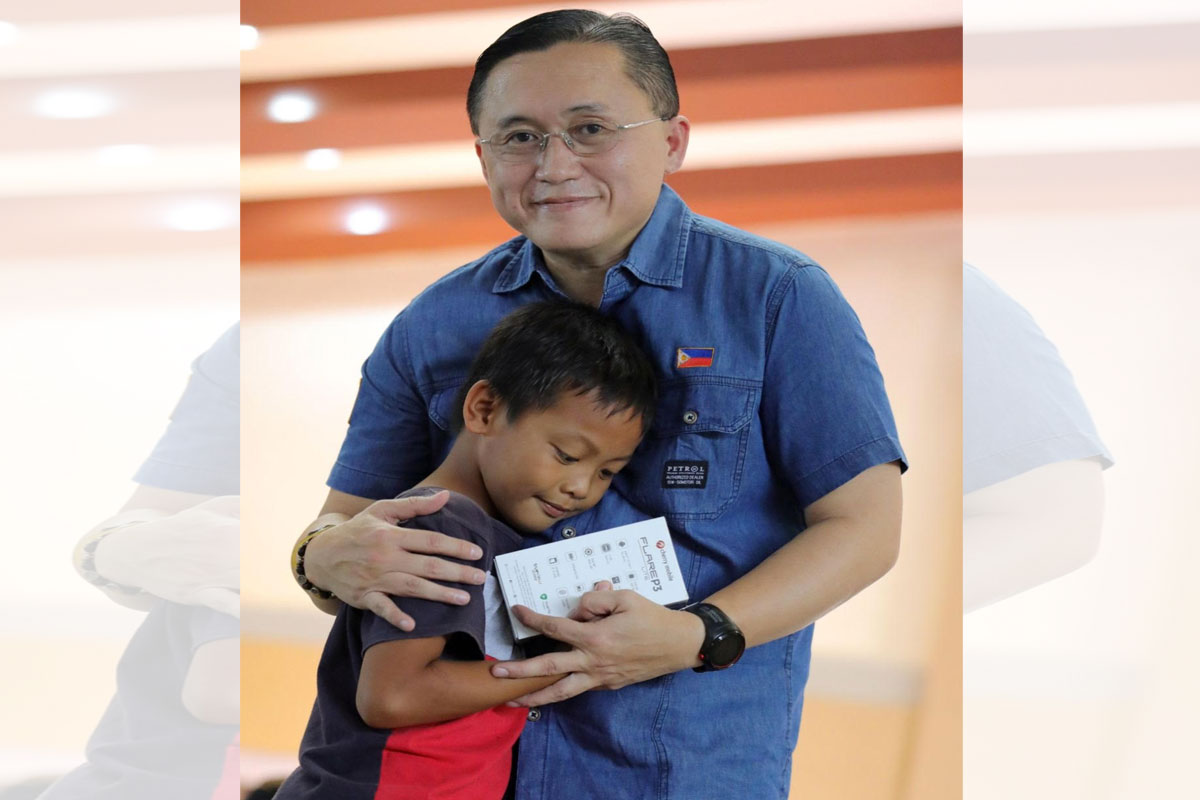
Bong Go co-sponsors measure seeking to expand coverage of tertiary education subsidy
SENATOR Christopher “Bong” Go has co-sponsored Senate Bill No. 1360 which seeks to expand the coverage of the tertiary education subsidy (TES) by amending Republic Act No. 10931, or the Universal Access To Quality Tertiary Education Act. The bill was principally authored by Senator Ramon Revilla Jr.
In his co-sponsorship speech inserted into the record of the measure, Go noted that the existing law, which was passed during the administration of former president Rodrigo Duterte, aimed to provide free education to all Filipinos, especially to those who cannot afford to pay for higher education.
“Last year, an estimated 1.6 million poor Filipino students are in school without the need to pay for tuition and miscellaneous fees because of this beneficial act,” said Go.
While the senator acknowledged the success of this law, he stressed the need to expand and make it more inclusive for academically competent students who wish to study in private institutions.
“Sa dami na ng ating natulungan dahil sa batas na ito, hindi tayo dapat tumigil. Kung maaari, i-expand pa natin at gawin nating mas inklusibo sa mga academically competent students na nais mag-aral sa mga pribadong institution,” said Go.
The senator believes that this will provide qualified Filipino students with more options and opportunities to pursue their desired courses in institutions that best fit their needs.
“Malaking tulong ito sa mga qualified Filipino students dahil magkakaroon na sila ng option upang makapag-aral sa institution na mas naangkop sa mga kursong nais nilang kuhanin,” said Go.
“Patuloy tayong maghahanap ng paraan na mabigyan ng suporta ang ating mga estudyante upang hindi matigil ang pag-aaral ng ating mga kabataang Pilipino,” added Go.
Moreover, Go emphasized that the expansion of the TES will benefit the country as a whole. By ensuring that more students can access higher education, the country can produce a more skilled and educated workforce, which can boost economic growth and development.
The proposed legislation seeks to extend the coverage of the TES through a voucher system, enabling more students to afford tertiary education and complete their chosen programs.
The bill expands the eligibility criteria for availing of the TES to include underprivileged and academically competent students who are enrolling in their first undergraduate post-secondary tertiary education program in private higher educational institutions (HEIs) and technical-vocational institutions (TVIs).
The TES was initially available only to students enrolled in state universities and colleges. However, with the proposed expansion, the TES will now also benefit students in private HEIs and TVIs who meet the eligibility criteria.
Moreover, the bill stipulates that TES beneficiaries shall continue to receive the subsidy until they complete their post-secondary technical-vocational course or higher education degree program.
This ensures that students who avail of the subsidy can focus on their studies without worrying about the financial burden of tuition fees and other related expenses.
However, the beneficiaries must also adhere to certain guidelines to maintain their eligibility for the subsidy. They must maintain their grades and comply with the residency requirements of their respective HEIs and TVIs. These requirements are put in place to encourage students to take their studies seriously and complete their programs successfully.
Go highlighted the importance of education, stating that ensuring the education of the youth is critical to providing them with a better future.
“Ang edukasyon ang tanging puhunan natin sa mundong ito. Kaya sisiguraduhin nating makakapagtapos ng pag-aaral ang ating mga anak upang magkaroon ng mas maginhawang kinabukasan,” said Go.
To address the needs of the public education system, Go also filed SBN 1190 which aims to provide for the expansion of the application of the additional one percent (1%) Special Education Fund tax to other items relating to education, such as the construction and repair of libraries, and payment of salaries, allowances and other benefits of teaching and non-teaching personnel, to name a few.
Go said that poorer local government units heavily rely on the SEF to sustain the needs of their local education system. However, the problem is compounded by the fact that the scope of the expenses, for which SEF may be used, is limited.
“It is the poor LGUs that are hardest hit by this restriction. Nandyan naman po ang pondo, kailangan lang mabigyan natin ang LGUs ng flexibility para magamit ito upang maisaayos ang kanilang local education programs lalo na sa panahon ngayon,” Go explained.
Go also filed Senate Bill No. 1708 that seeks to mandate private higher education institutions to waive college entrance examination fees to underprivileged graduating high school students and high school graduates belonging to the academic top ten of their graduating class.
“Let us help widen the opportunities of our underprivileged youth especially the best and the brightest,” Go stressed.
“Ang edukasyon ang tanging puhunan natin sa mundong ito. Ito rin ang susi sa mas maginhawang kinabukasan. Bigyan natin ng oportunidad at insentibo ang ating kabataan na mag-aral ng mabuti para mailayo sila sa masasamang bisyo at bilang kapalit na rin sa paghihirap ng kanilang mga magulang na pag-aralin sila,” he added.



